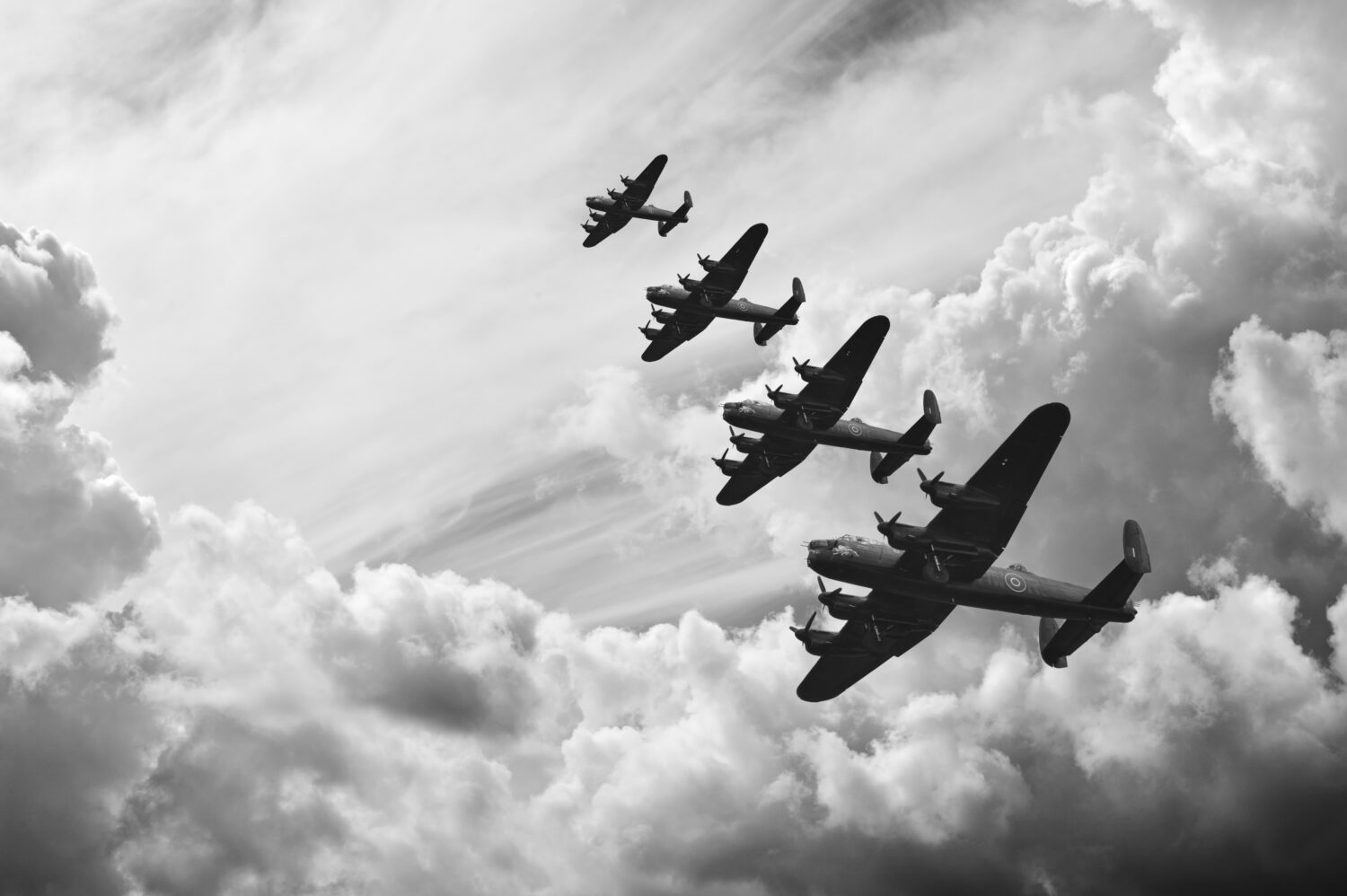What will I learn?
Through studying this course, you will develop the following:
- An understanding of the past, which will lead to a deeper understanding of the nature of humans and of the world today;
- A comparative, multi-perspective approach to history, focused around key historical concepts such as change, causation and significance;
- An ability to critically explore of the past;
- An understanding of a variety of types of history, including political, economic, social and cultural, encouraging students to think historically and to develop historical skills.;
- An ability to study and compare historical examples from different regions of the world, helping to foster international mindedness.
What is the structure of the course?
Higher Level
Standard Level
Part 1: Prescribed Study
Rights and Protest: Civil Rights in America and Apartheid South Africa
Rights and Protest: Civil Rights in America and Apartheid South Africa
Part 2: World History
- Authoritarian States in the Twentieth Century: Germany, Cuba, Egypt
- Cause and Effect of Twentieth Century War: World War Two, Cuban Revolution, Six Day War
- Authoritarian States in the Twentieth Century: Germany, Cuba, Egypt
- Cause and Effect of Twentieth Century War: World War Two, Cuban Revolution, Six Day War
Part 3: Depth Study
History of Europe:
- Russia 1855 – 2000;
- Muslims and Jews in Medieval Europe
All students complete a political investigation into an area of their choice. Students need to complete their own research, select appropriate sources, reflect on the process and complete a 2,000-word essay.
Part 4: Coursework
A historical investigation
A historical investigation
How will I be assessed?
Assessment
Higher Level
Standard Level
Coursework
1500 word coursework (20%)
2200 word coursework (20%)
Final
Examination
Paper 1 – 1 hour (20%)
Paper 2 – 1.5 hours (25%)
Paper 3 – 2.5 hours (35%)
Paper 1 – 1 hour (20%)
Paper 2 – 1.5 hours (25%)
Paper 3 – 2.5 hours (35%)
Frequently Asked Questions
Which CAS opportunities are available?
Literature Club; Journalism Club; MOOC Courses; Debating Club.
Which opportunities for further study are available?
The History IB prepares you for any university course that requires students to be articulate, critical thinkers who are capable of synthesising and analysing a wide range of information. You will be very well prepared for an undergraduate degree in History, and it is appropriate to a range of careers, including journalism, education, research, medicine and law.
Is there anything else I need to know?
History is not just about the past. It is also about contemporary culture, morality, ethics and your place in the wider world. You should be prepared to read widely in your free time, and also take time visiting museums, historical sites and researching online.



